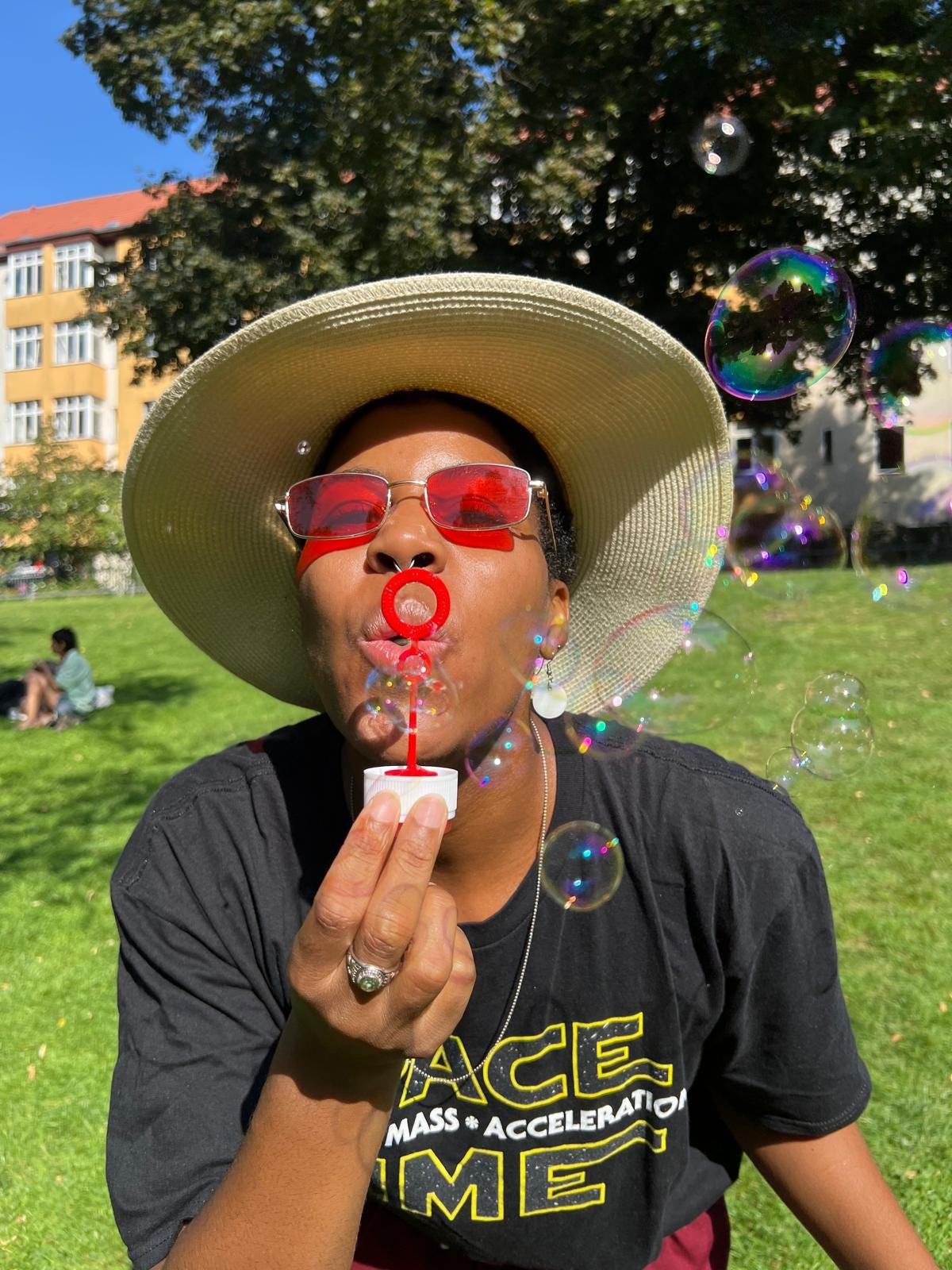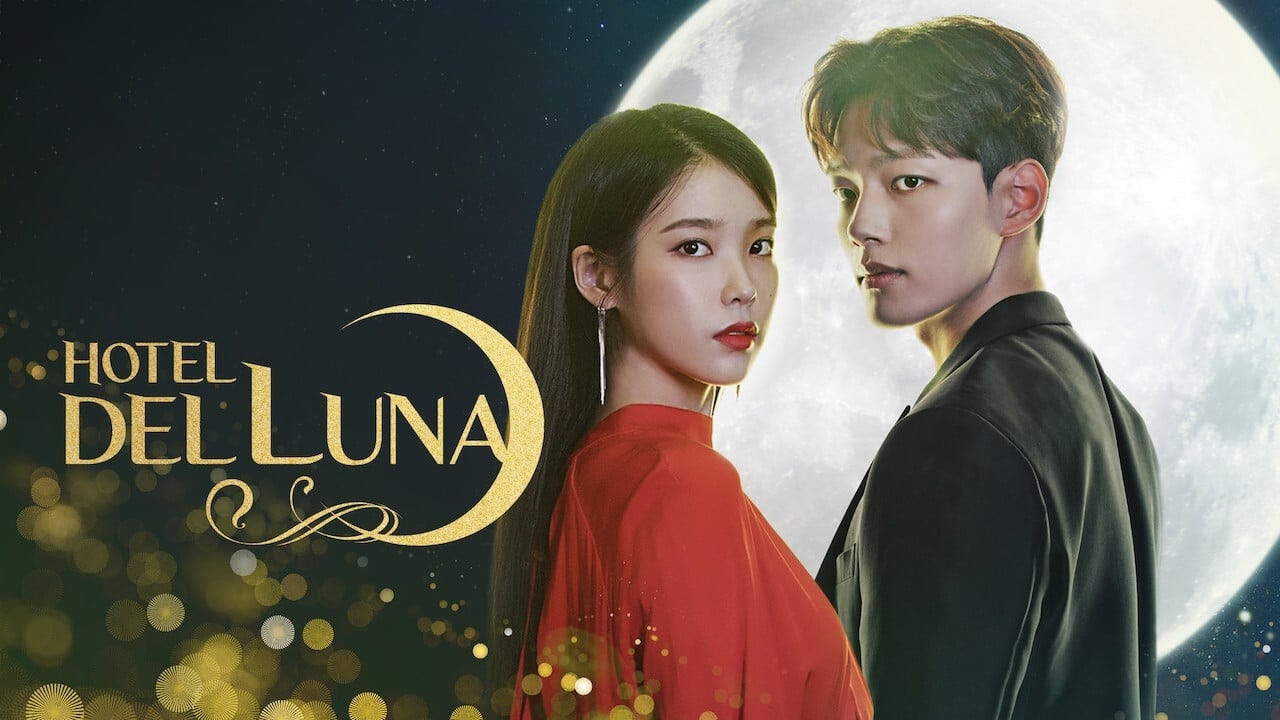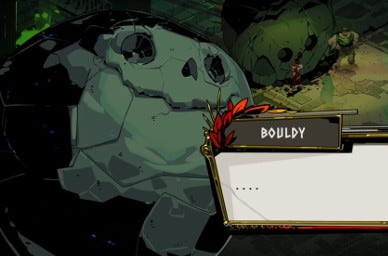I had a reckoning with my love of the written word this past month. It seemed that the world was conspiring to ruin my favorite season with setbacks on every level, which brought me to one of my lowest lows: the inability to write.
Writer’s block comes in many forms. In my experience the past couple weeks, my mind never stopped brimming with ideas, and my schedule for Substack posts was immaculate. But the focus required to string two sentences together — let alone two paragraphs — poof! Gone. Of all the symptoms of depression, this one is the worst. I still can’t bring myself back to the schedule I made in September. Today, I can only write about the narrative impact of sadness.
To be sad is an experience we usually do our best to avoid. However, if depression has taught me one thing, it’s to honor the present emotion. Leaning on unhealthy coping mechanisms is only detrimental in the long-term. As uncomfortable as it may be, I am making place for the sadness I feel in this moment. And one of the ways I do that?
Stories, of course. Stories are my key to finding hope when I’m afraid I’ve lost it.
A tragedy as defined by Merriam Webster is “a serious drama typically describing a conflict between the protagonist and a superior force (such as destiny) and having a sorrowful or disastrous conclusion that elicits pity or terror”.1
I love a good romantic tragedy. There’s nothing so healing for one’s own state of singleness and/or partnership as seeing fictional love lives fall apart. Petty, I know. But it’s wonderful at the end of a tragedy to realize that the characters’ problems are worse than mine.

A romantic tragedy, such as Moulin Rouge or Romeo and Juliet, is only a mirror image of a romantic comedy. Comedies and tragedies follow the same path from the lovers’ fated first meeting to their blissful union to their forced separation. The only difference between genres is that the protagonists do not get to enjoy the conclusion of their journey. The sad ending comes when the heroes do everything they can to reunite, but it’s not enough. Believing Juliet has died, Romeo joins her in the Capulet crypt; Satine wins Christian back with a song, but it’s too late. Any comdedy can turn into a tragedy if the separation cannot be overcome. In Pride and Prejudice, for example, Lydia ruins her sisters’ prospects by running off with the rogue Mr. Wickham. If the book had ended there, just as Lizzy and Darcy became close… instant tragedy.
Romantic comedies and tragedies offer us, the audience, the same resolution to the conflict that separates the heroes in the first place. Romeo and Juliet end the feud between their familes; Christian and Satine save the Moulin Rouge from the villanous Duke. In romances, the mantra ‘love conquers all’ really does ring true. Long-lived or brief, the love between people has a lasting effect on their world. They are all intrinsically bittersweet stories.
Today, however, I am not in the mood for a romantic story of any kind. My sadness has little to do with interpersonal problems. I find myself at the mercy of forces outside my control.
Capitalism. Politics. Death.
One of my favorite sad stories is Guillermo del Toro’s film, “Pan’s Labyrinth,” wherein a child concocts fanciful adventures to cope with the uncertain brutality of fascist Spain. Even though she is only ten, the protagonist Ofelia changes everyone she meets for the better. She’s one of the few people brave enough to challenge her cruel military officer stepfather. She inspires rebel resistance, not by any politcal action herself, but simply by being the child she is with the imagination she has. This film lets us decide if the ending is a tragedy or not, but the narrative impact of this film is that Ofelia and her boundless imagination matter in the real world as much as in the labyrinth of the faun. Her story is a beautiful and bittersweet one. And there is inherent catharsis in the ending of a good story, whether triumphantly happy or tearfully sad (and on some rare occasions, both).
The point I make is that sad stories remind us that there is always a reason for the way things fall apart. If we are sad, it is only because we cannot enjoy the results of our labors, not that our labors don’t matter. It may feel worse because we must postpone or give up any hope of a happy ending, but in truth, there is so much out there worth celebrating.
In the story of my own life, depression has made me deeply cherish moments of joy because I know they do not last. It is a great personal irony that I have a reputation of cheeriness when I live day-to-day edging around the slippery slopes of a depressive episode, not knowing when I’m going to fall next.
So when there’s an inviting expanse of grass, I have turn a cartwheel. I love blowing bubbles, so I always have some handy. I wave at babies on the train. I send my brother too many cat videos. I draw smiley-faces in the snow. I dance for little or no reason. And over time, in my circle of friends and family, I’ve become known for my silly antics. I don’t care how juvenile these silly habits of mine are; they are a bulwark against TheSadness™️, because when it’s here, there’s absolutely nothing I can do to make myself laugh. That’s ok, though. I know I’ve not wasted a second of high spirits when I had them.
Setbacks exist to test us. We are not trapped in our torments, and this pain will not last forever.
I know this from stories like Hotel Del Luna (Netflix, Viki), a heartwrenching K-Drama about sending lost souls on to the afterlife. It uses a procedural monster-of-week setup to explore the depth of grudges shackling our potential to do good in the world.2 Shows like this manage to tell a tragedy every episode — which is relatable, cathartic — with an arc towards a peaceful resolution, giving us hope for better days.
Stories like Lois Lowry’s The Giver (I hope kids are still reading this in school!), where the secret memories are a burden inherited by one person in a generation, help us cope with painful truths. Stories like James Baldwin’s Giovanni’s Room and Ian McEwan’s Atonement, where we confront the pain of survivor’s guilt, show us what a loveless life looks like. Myths like that of Prometheus, who is punished for his good deeds, or Deadalus, who saves his son Icarus only to watch him fall out of the sky, or Procne and Philemela, for whom sisterhood is paramount to life itself... all of these tragedies exist as guide posts, showing us the way when we can’t see the light at the end of the tunnel.
Hades is a game from the indie studio Supergiant Games which brilliantly weaves its rougue-like mechanics with a beautiful story to this effect. Protagonist Zagreus is the son of the titular underworld deity of Greek mythology, and he yearns to know what is outside of his father’s domain. He wants to see the sky and meet his mother, Persephone. But it’s impossible. The game is setup so that you fail in your attempts to reach the surface, and you die, over and over again, returning to Hades who reminds you, snidely, “There is no escape.” I will not spoil this game for those who have not played (and I encouage everyone to do so! There is no barrier to entry and you don’t have to worry about “winning”!), because this is a SpoilerIndeed. But when the game ended for me, Hades became one of those rare stories which is both triumphantly happy and tearfully sad, and will live in my heart forever.
A lesser-known, but equally beautiful and bittersweet story is The Painting of Porcupine City by Ben Monopoli, a magical queer self-published love story about found family and the various definitions of home in the face of loss.
Readers: if you find some solace in any of these titles, I am glad. In my own way, consuming sad stories when I feel adrift in TheSadness™️doesn’t trap me in these low feelings. Sad stories help me find hope again. And isn’t that something we all need in this moment?
I will leave this post with my favorite tragedy of all time, Spring Awakening. The original title in German calls it a “children’s tragedy,” so you know it’s rough. The Broadway show is defiant and gorgeous and bleak as fuck. And when it seems as though the world as we know it is ending, it’s the only song I want to hear.
https://www.merriam-webster.com/dictionary/tragedy
In a similar, though much cheesier vein, the first season of Once Upon a Time (Disney+) robs the happy-ending from familiar fairy tale characters.





